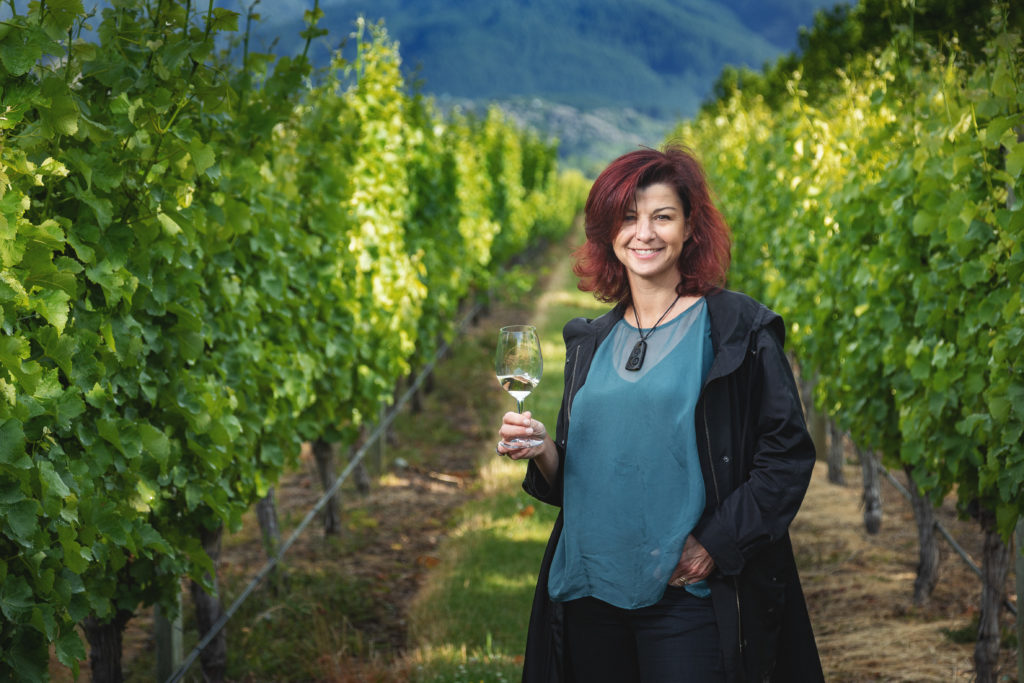
In partnership with Alliance Française Wellington, we invite you to join the conversation with Anne Escalle and Herve Quenol on the Adaptation of Vineyards to climate change. The new format of the café scientifique “cybercafé des idées” offers the possibility to connect online as long as you register (link to register) or eventually to come at the Alliance Française premises in Wellington on Friday 13th November at 5.30 pm.
Adaptation of vineyards to climate change
Most of studies on vine’s climate adaptability under different climate change scenarios show that we can expect major upheavals at global level, with the disappearance of some wine-growing regions by 2100. These studies, based specifically on climate simulation, propose fairly “brutal” methods to adapt to climate change, for instance moving wine-growing regions. Studies on the impact of climate change only cover major global wine regions, however, without taking into account the spatial variability of climate on finer scales. However, a wine’s specific features are also determined by local scale variations (e.g. slope, exposure, type of soil, etc.), and it is at the scale of the plot that winemakers manage their estate and adapt to the climate, notably by agricultural practices (tillage, work on the vine, etc.). The spatial variability of climate at local scale should therefore be taken into account when defining a rational climate change adaptation policy.


